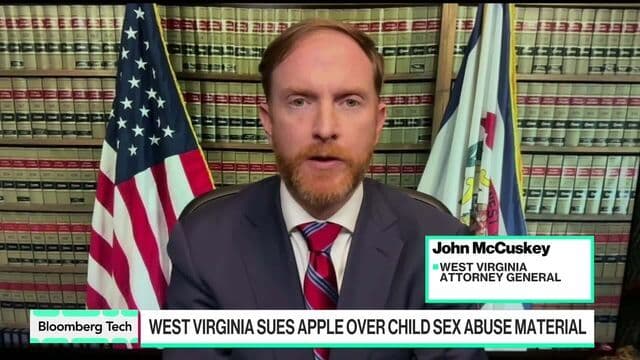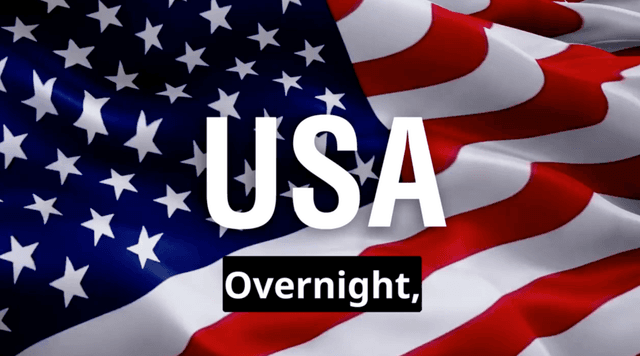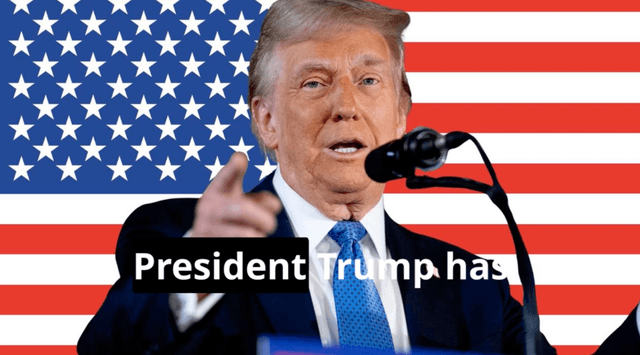Bruce Blakeman on Tariffs, Hochul, Mamdani, Immigration
Republican gubernatorial candidate Bruce Blakeman says New York would no longer be a sanctuary state if he is elected. The Nassau County Executive says he won't let Zohran Mamdani ruin New York City as mayor and he says President Donald Trump's tariffs help even the playing field for American businesses. He speaks to Joe Mathieu on Balance of Power.




-640x360.jpg&w=1200&q=75)
-640x360.jpg&w=1200&q=75)













